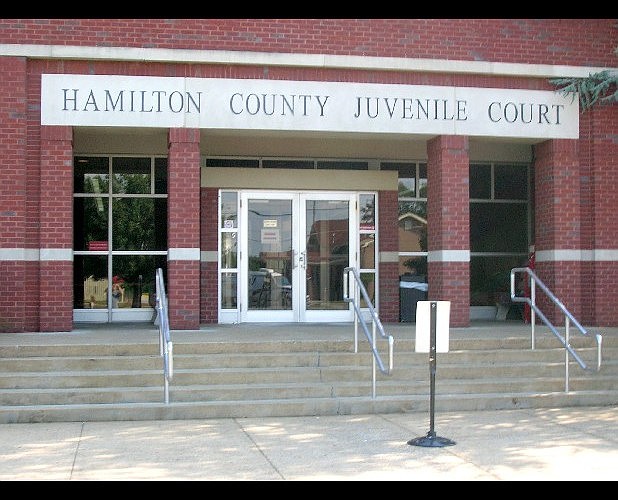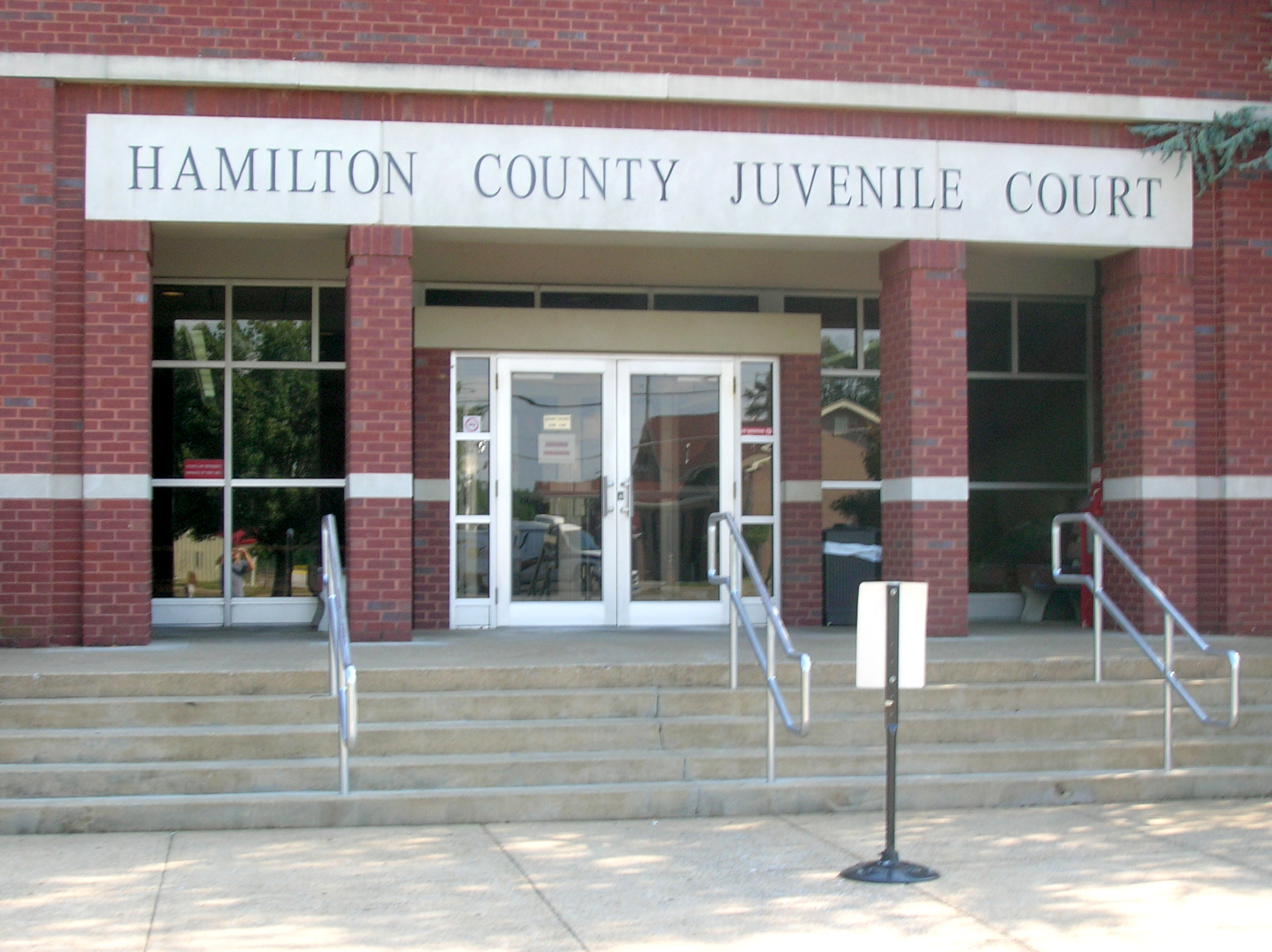Hamilton County Juvenile Court staff have studied, toured, called and met with multiple providers to form the county's first-ever juvenile drug court.
Juvenile Court Judge Rob Philyaw said the early intervention, rehabilitation-based court docket was one of his initial interests after taking office last year. He and members of his staff have traveled to Knox and Bradley counties to see how those courts conduct similar programs.
This will be the sixth such program in Tennessee.
Bradley County Juvenile Court has had a juvenile drug court since 2004, and Knox County's began two years ago. Davidson County began a program before 2002.
"The ultimate goal is to provide another avenue for our juveniles before we say 'we can't do anything else' and they become adult offenders," said Jennifer Thomas, who will be the drug court coordinator.
The drug court model will be similar to what's used in Hamilton County Drug Court. That program began in 2006 and requires defendants with criminal charges to plead before entering the program. Successful work in the program keeps the offender in various forms of treatment and requires regular drug screenings.
National Drug Court Institute figures show that as of 2011 there were 458 juvenile drug courts in the United States. The same study estimated as much as a $5,000 per participant cost-savings compared to housing juvenile offenders in state custody.
Hamilton County Drug Court Coordinator Elaine Kelly said the average age of beginning drug use among addicts is 12.
"There is a need," Kelly said.
Hamilton County Juvenile Court data shows that 201 drug charges were filed in juvenile court last year.
Early intervention could help, but she said working with juveniles will be more difficult.
"We get people who are broken, who've lost everything," Kelly said.
That "last chance" mentality is strong motivation for many in her program.
Davidson County Juvenile Drug Court Magistrate Alan Calhoun has overseen that county's docket since 2002. He admitted that juvenile offenders are often harder to work with than adults.
But the earlier and more frequently drug abusers and addicts are exposed to rehabilitation programs, the more likely they are to recover, he said.
Philyaw has started small with the program, seeking in-house volunteers and shifting job duties to make room for the work within the current budget. He hopes to expand the program in the future if grants become available. But he said he didn't want the docket to be grant-dependent and short-lived.
Knox County Juvenile Drug Court probation counselor Barry Rast said their program receives some grant money, but it covers some equipment and incentives such as movie tickets and outings to reward participants.
The Bradley County program receives a $50,000 annual grant through the U.S. Department of Justice and the Tennessee Department of Mental Health and Substance Abuse Services.
That court's director, Terry Gallaher, said they've managed an average of 20 drug court participants at a time and work in a four-phase method that progressively moves children to levels of greater responsibility if they are successful.
Thomas said the first class will hold five to 10 participants and the court will accept applications through probation officers and magistrate referrals.
Juvenile Court Magistrate Kathy Clark has worked with the court since 1987, mostly in child support. She will take on the drug court docket when the first class forms.
"It's kind of uncharted territory in Hamilton County," Clark said. "The focus will be a collaborative approach to that problem. And it will be unique in a lot of ways."
Contact staff writer Todd South at tsouth@timesfreepress.com or 423-757-6347. Follow him on Twitter @tsouthCTFP.

